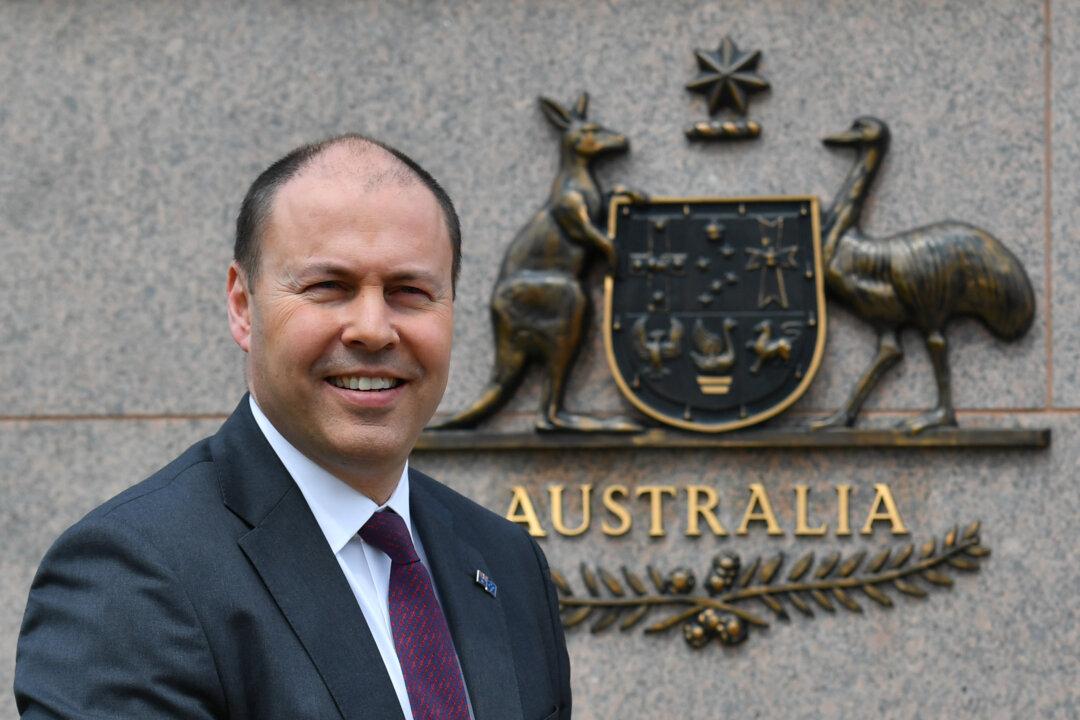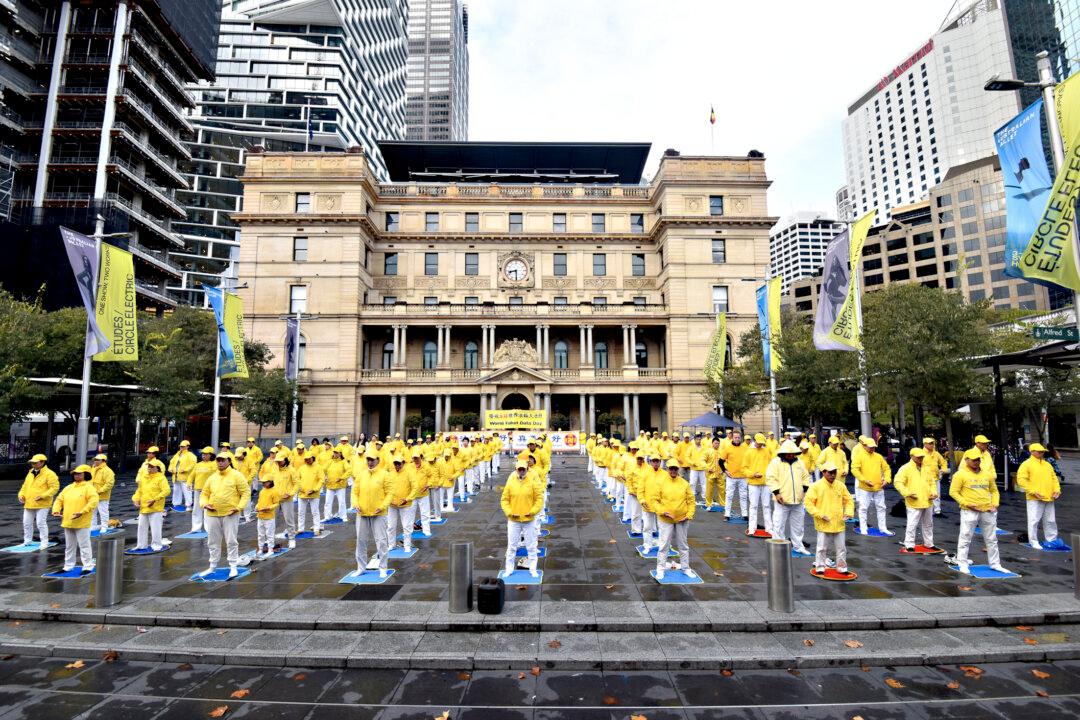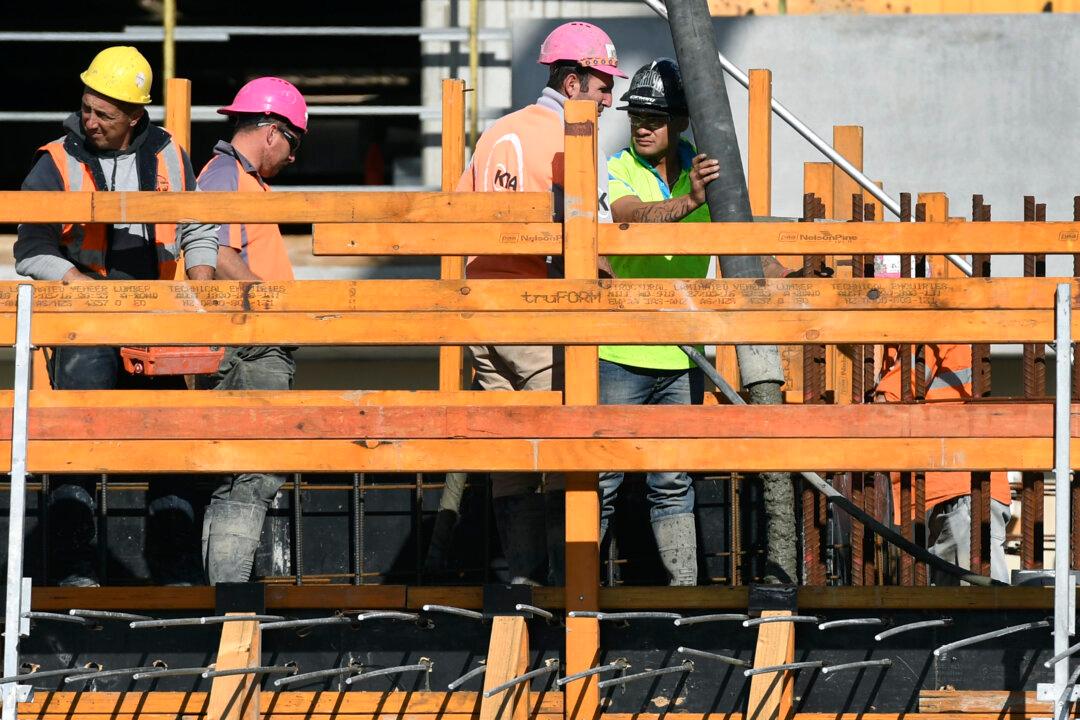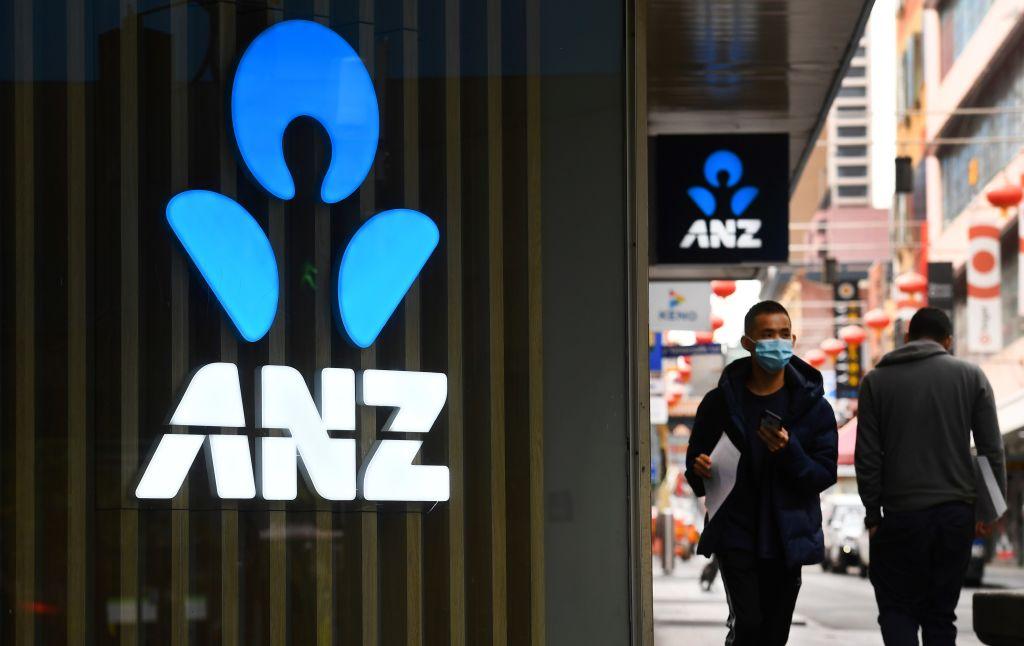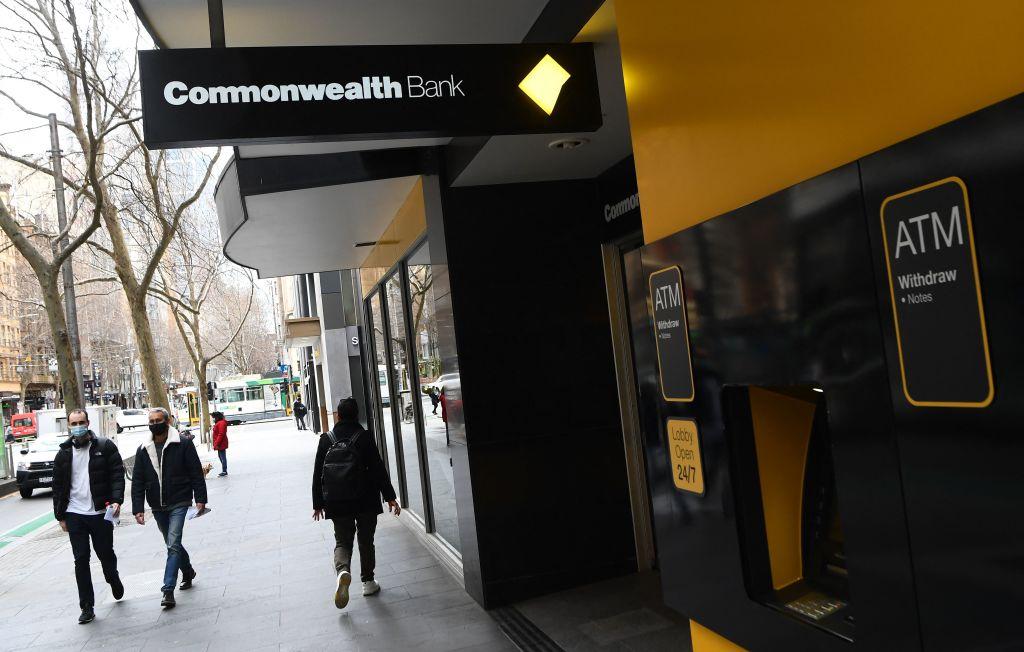In a move to enhance regulation of foreign investment, the federal government has launched a new campaign urging Australians to dob in foreign residential property purchasers via a dedicated platform run by the Australia Tax Office (ATO).
Treasurer Josh Frydenberg is hoping that the Tip OFF campaign will encourage people to report suspicious purchases or ownerships noting that this is part of upgraded efforts to safeguard Australian’s interest in the residential real estate sector.
